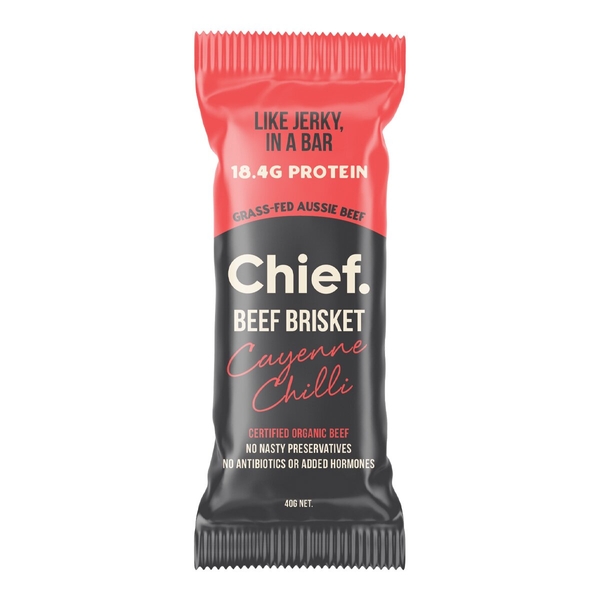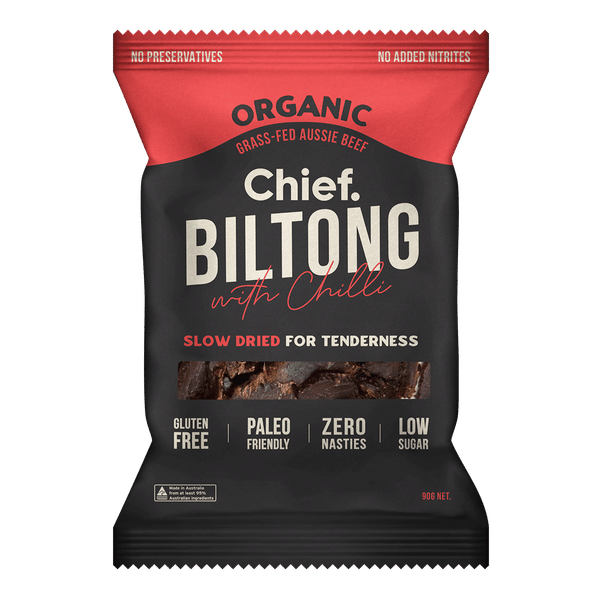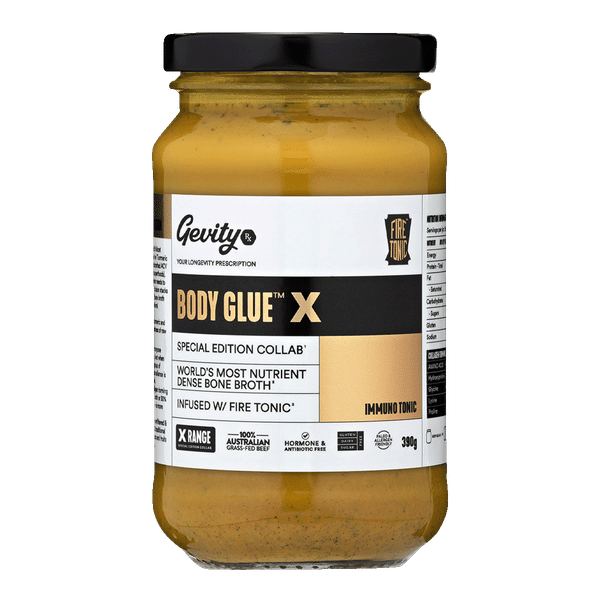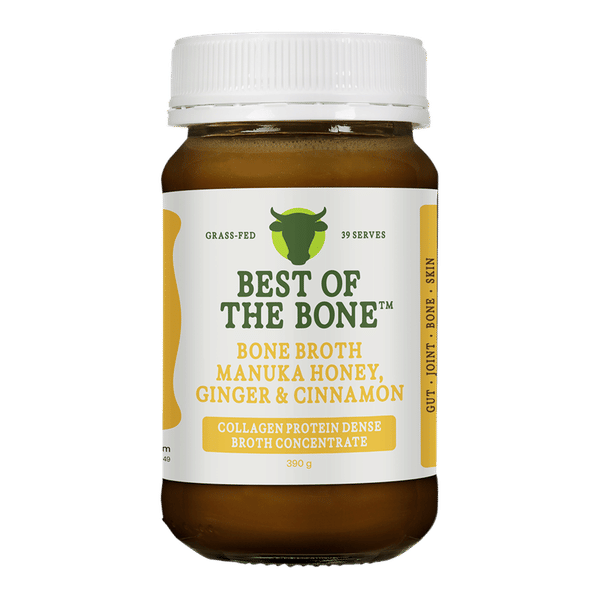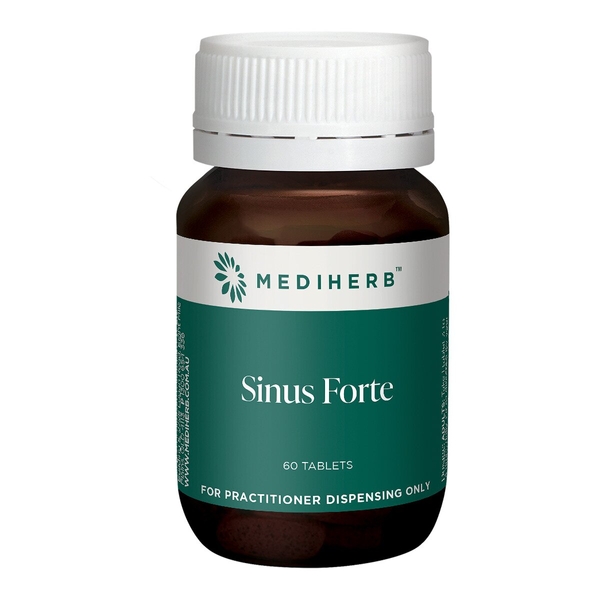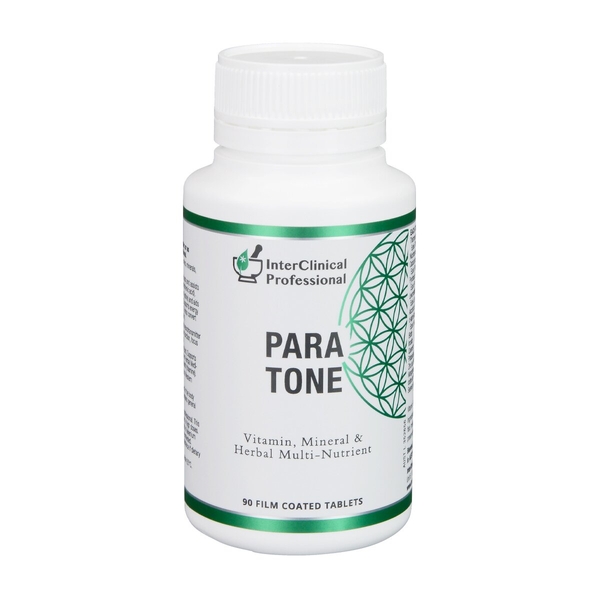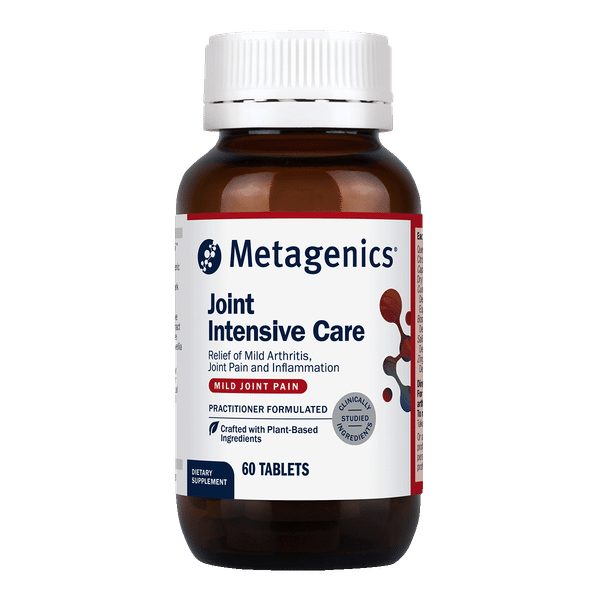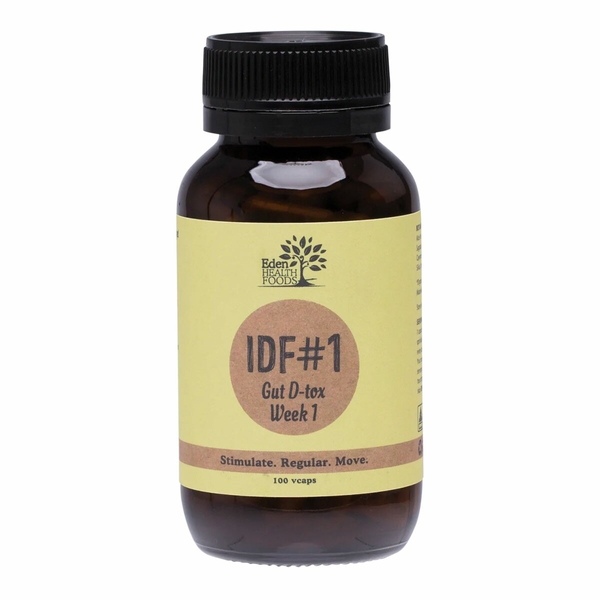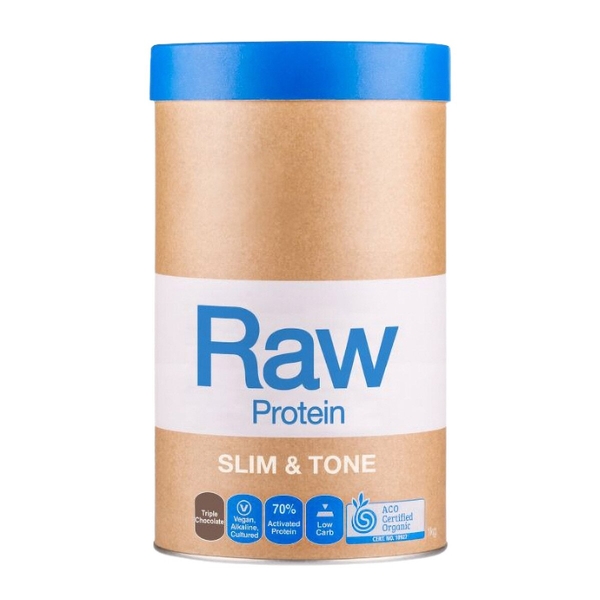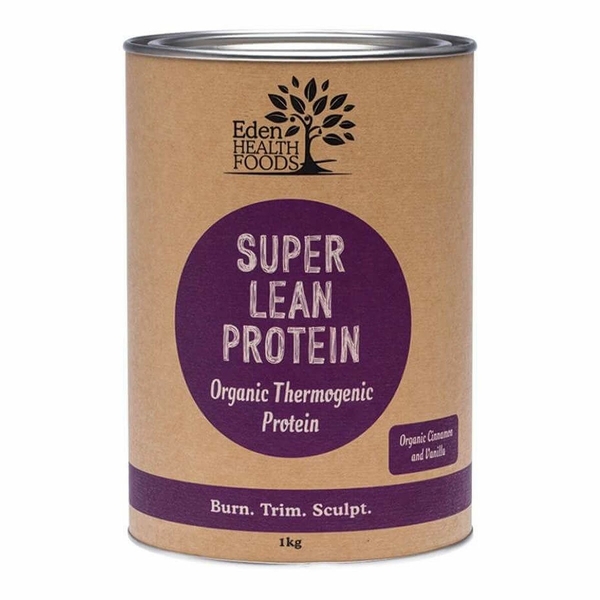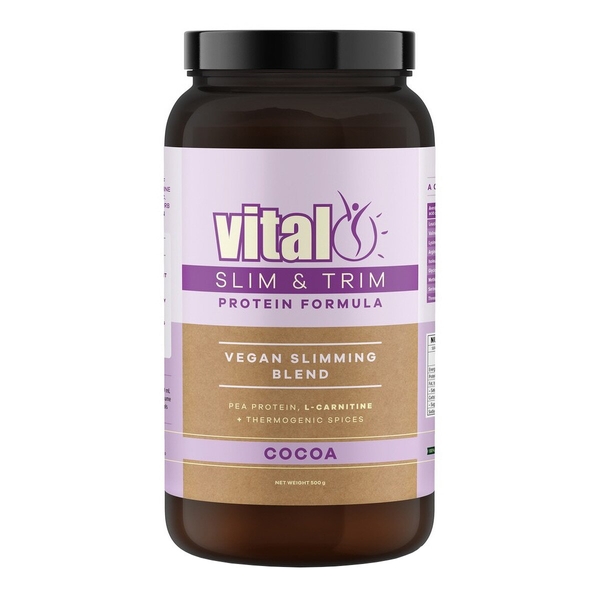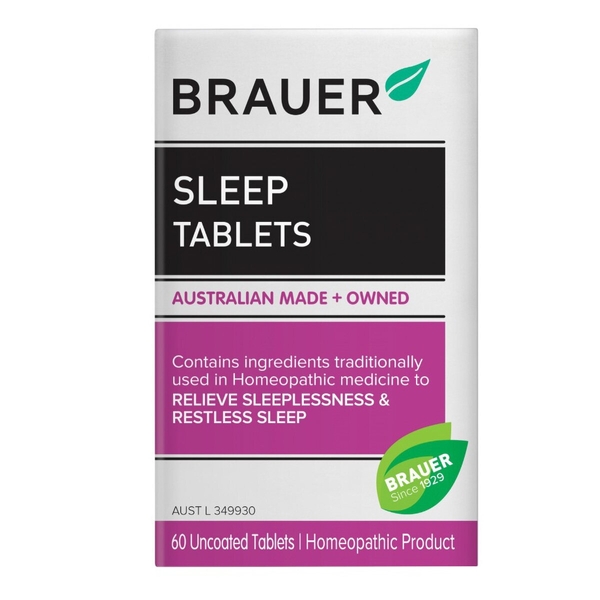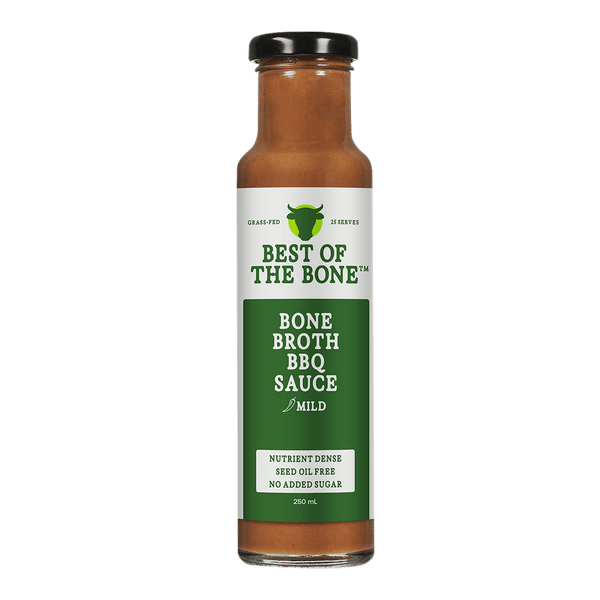
Background
The fruit of the capsicum plant contains a chemical called capsaicin. Capsaicin is what seems to help reduce pain and swelling. A particular form of capsicum causes intense eye pain and other unpleasant effects when it comes in contact with the face. This form is used in self-defense pepper sprays.
Capsicum is commonly used for nerve pain and other painful conditions. It is also used for many other purposes, including digestion problems, conditions of the heart and blood vessels, and many others, but there is no good scientific evidence for many of these uses.
Safety Safety definitions
When applied to the skin: Lotions and creams that contain capsicum extract are likely safe for most adults. Capsaicin is approved by the FDA as an over-the-counter medication. Side effects can include skin irritation and itching. Capsicum can also be very irritating to the eyes, nose, and throat. Don't use capsicum on sensitive skin or near the eyes.
When used in the nose: Capsicum is possibly safe. But, application in the nose can be painful and cause burning pain, sneezing, watery eyes, and runny nose.
Special Precautions & Warnings:
Pregnancy: Capsicum is likely safe when applied to the skin during pregnancy. Capsicum is possibly safe when taken by mouth as a medicine during the second half of the second trimester and during the third trimester.Breast-feeding: If you are breast-feeding, using capsicum on your skin is likely safe. But it is possibly unsafe for your baby if you take capsicum by mouth. Skin problems (dermatitis) have been reported in breast-fed infants when mothers eat foods heavily spiced with capsicum peppers.
Children: Applying capsicum to the skin of children under two years of age is possibly unsafe. There isn't enough reliable information to know if it is safe for children to use capsicum by mouth as a medicine. Stay on the safe side and stick with the amounts found in foods.
Bleeding disorders: While conflicting results exist, capsicum might increase the risk of bleeding in people with bleeding disorders.
Damaged skin: Don't use capsicum on damaged or broken skin.
High blood pressure: Taking capsicum or eating a large amount of chili peppers might cause a spike in blood pressure. In theory, this might worsen the condition for people who already have high blood pressure.
Surgery: Capsicum might increase bleeding during and after surgery. Stop using capsicum at least 2 weeks before a scheduled surgery.
Effectiveness
- Nerve pain in people with diabetes (diabetic neuropathy). A specific cream containing 0.075% capsaicin (Zostrix-HP, Link Medical Products Pty Ltd.) 4 times daily is approved for treating this condition. Another patch containing 8% capsaicin (Qutenza, NeurogesX, Inc.), which is available by prescription only, is also approved for treating this condition. Creams or gels that contain smaller amounts of capsaicin (less than 0.075%) don't seem to work.
- Chronic pain. Applying creams and lotions containing capsaicin, the active chemical in capsicum, can temporarily relieve chronic pain from several conditions. It's FDA approved for this use.
- Nerve damage caused by shingles (postherpetic neuralgia). Applying a patch containing 8% capsaicin (Qutenza, NeurogesX Inc.), the active chemical in capsicum, reduces pain over 24 hours in people with this condition. This capsaicin patch is available by prescription only.
- Back pain. Applying capsicum or capsaicin to the skin seems to help reduce back pain.
- Cluster headache. Applying capsaicin, the active chemical in capsicum, inside the nose can reduce the number and severity of cluster headaches. It's not clear if it helps treat cluster headaches.
- Runny nose not caused by allergies or infection (nonallergic rhinitis). Applying capsaicin, the active chemical in capsicum, inside the nose can reduce runny nose in people who do not have allergies or an infection. The benefits might last for 6-9 months.
- Osteoarthritis. Applying 0.025% capsaicin, the active chemical in capsicum, to the skin can improve symptoms of osteoarthritis.
- Acute pain. Applying capsaicin, the active chemical in capsicum, to the skin can reduce pain from trauma.
- Nausea and vomiting after surgery. Applying a plaster containing capsicum to specific points on the hand and forearm reduces nausea and vomiting after surgery.
- Pain after surgery. Applying a plaster containing capsicum to specific points on the hand and forearm reduces the need for painkillers within the first 24 hours after surgery.
Dosing & administration
Interactions with pharmaceuticals
Aspirin
Interaction Rating=Moderate Be cautious with this combination.
Capsicum might decrease how much aspirin the body can absorb. Taking capsicum along with aspirin might reduce the effects of aspirin.
Ciprofloxacin (Cipro)
Interaction Rating=Moderate Be cautious with this combination.
Capsicum might increase how much ciprofloxacin the body can absorb. Taking capsicum along with ciprofloxacin might increase the effects and side effects of ciprofloxacin.
Medications for diabetes (Antidiabetes drugs)
Interaction Rating=Moderate Be cautious with this combination.
Capsicum might lower blood sugar levels. Taking capsicum along with diabetes medications might cause blood sugar to drop too low. Monitor your blood sugar closely.
Medications for high blood pressure (ACE inhibitors)
Interaction Rating=Minor Be watchful with this combination.
Some medications for high blood pressure might cause a cough. There is one report of someone whose cough worsened when using a cream with capsicum along with these medications for high blood pressure. But it isn't clear if this interaction is a big concern.
Medications that slow blood clotting (Anticoagulant / Antiplatelet drugs)
Interaction Rating=Moderate Be cautious with this combination.
Capsicum might slow blood clotting. Taking capsicum along with medications that also slow blood clotting might increase the risk of bruising and bleeding.
Theophylline
Interaction Rating=Moderate Be cautious with this combination.
Capsicum can increase how much theophylline the body can absorb. Taking capsicum along with theophylline might increase the effects and side effects of theophylline.
Interactions with herbs & supplements
Herbs and supplements that might slow blood clotting: Capsicum might slow blood clotting and increase the risk of bleeding. Taking it with other supplements with similar effects might increase the risk of bleeding in some people. Examples of supplements with this effect include garlic, ginger, ginkgo, nattokinase, and Panax ginseng.
Iron: There is some concern that using capsicum might reduce how much iron the body can absorb.
Interactions with foods
Products
View all products- Capsicum spp. (Cayenne pepper)
- Beef
- Amaranth powder
- Sea salt
- Vitis vinifera (Currents)
- Coconut aminos
- Acetic acid (Vinegar)
- Spices
- Lactic acid
- Chilli powder
- Paprika
- Beef
- Coconut aminos
- Acetic acid (Vinegar)
- Sea salt
- Cuminum cyminum
- Piper nigrum
- Myristica fragrans (Nutmeg)
- Chilli powder
- Beef bones
- Sea salt
- Curcuma longa
- Piper nigrum
- Honey
- Apple cider vinegar
- Allium sativum
- Armoracia rusticana
- Zingiber officinale
- Daucus carota powder (Carrot)
- Apium graveolens
- Allium cepa
- Malus (Apple)
- Orange
- Citrus limon (Lemon)
- Brassica juncea
- Petroselinum crispum
- Rosmarinus officinalis
- Thymus vulgaris
- Juniperus communis (berry)
- Bay leaf
- Szechuan pepper
- Backhousia citriodora
- Pink Himalayan crystal salt
- Origanum vulgare (Oregano)
- Paprika
- Extra virgin olive oil (EVOO)
- Beef bones
- Carya juice
- Water
- Sea salt
- Apple cider vinegar
- Cichorium intybus (fibre)
- Plantago ovata (husk) (Psyllium)
- Brassica juncea (seed) powder
- Lycopersicon esculentum (Tomato)
- Natural pomegranate flavour
- Allium cepa
- Allium sativum powder
- Citrus limon (juice) (Lemon)
- Cyamopsis tetragonoloba (Guar gum)
- Luo Han Guo (fruit) ext. (Monk fruit)
- Tamarindus indica
- Capsicum spp. (Cayenne pepper)
- Paprika
- Chicken, bones
- Chicken collagen peptides
- Citrus limon (Lemon)
- Nutritional yeast flakes (Dried yeast)
- Sweet potato powder
- Cucurbita pepo
- Sea salt
- Apple cider vinegar
- Allium sativum
- Tasmannia lanceolata
- Capsicum annuum (Capsicum) ext. 8.33 mg
- Eleutherococcus senticosus ext. 50 mg
- Thiamine hydrochloride (Vitamin B1) 2.54 mg equiv. thiamine 2 mg
- Nicotinamide (Vitamin B3) 20 mg
- Calcium pantothenate (Vitamin B5) 9.83 mg equiv. pantothenic acid 9 mg
- Pyridoxal 5-phosphate monohydrate (P5P) 3.14 mg equiv. pyridoxine 2 mg
- Ascorbic acid (Vitamin C) 60 mg
- d-alpha-Tocopheryl acetate (Vitamin E) 7.35 mg equiv. vitamin E 10 IU equiv. d-alpha-tocopherol 6.71 mg
- Biotin 80 µg
- Inositol 50 mg
- Quercetin 50 mg
- Potassium sulphate 78 mg equiv. potassium 35 mg
- Zinc glycinate monohydrate 10.64 mg equiv. zinc 3 mg
- Manganese (II) glycinate 3.695 mg equiv. manganese 1 mg
- Potassium iodide 91.8 µg equiv. iodine 70 µg
- Selenomethionine 50 µg equiv. selenium 20 µg
- Levomefolate glucosamine (Activated folate) 90 µg equiv. levomefolic acid 50 µg
- L-tyrosine 10 mg
- Lysine hydrochloride 12.5 mg equiv. lysine 10 mg
- L-serine 5 mg
- Brassica oleracea var. italica ext. 37.5 mg
- Withania somnifera ext. 25 mg
- Zingiber officinale ext. 10 mg
- Piper nigrum ext. 16 µg
- Levocarnitine fumarate (L-carnitine) 178.6 mg equiv. levocarnitine 100 mg
- Capsicum spp. (Cayenne pepper) powder
- Golden pea protein (sprout) bio-fermented
- Natural flavours
- Sea mineral complex
- Spinacia oleracea (Spinach)
- Arthrospira platensis (Spirulina)
- Chlorella pyrenoidosa powder
- Cinnamomum verum powder
- Glycyrrhiza glabra powder
- Zingiber officinale powder
- Taraxacum officinale powder
- Ginkgo biloba powder
- Eleutherococcus senticosus powder
- Silybum marianum powder
- Centella asiatica powder
- Syzygium aromaticum powder
- Stevia rebaubiana (leaf) ext.
- Ananas comosus (Bromelain)
- Theobroma cacao (Cocoa powder)
- Acacia sp. (gum)
- Capsicum spp. (Cayenne pepper)
- Oryza sativa (Brown rice sprout, bio-fermented protein)
- Golden pea protein (sprout) bio-fermented
- Garcinia cambogia
- Myristica fragrans (Nutmeg)
- Curcumin (Turmeric)
- Foeniculum vulgare (seed)
- Arctium lappa (root)
- Stevia rebaubiana (leaf)
- Taraxacum officinale (leaf)
- Eleutherococcus senticosus (root)
- Coleus forskohlii (root)
- Petroselinum crispum (leaf)
- Crataegus monogyna (berry)
- Juglans nigra (fruit hull)
- Zingiber officinale
- Fucus vesiculosus
- Stellaria media
- Apple pectin
- Cinnamomum spp.
- Vanilla planifolia (Vanilla bean)
- Laminaria digitara (Kelp)
- Capsicum spp. (Cayenne pepper) 15 mg
- Pea protein isolate 24.4 g
- Levocarnitine (L-carnitine) 2 g
- Curcuma longa 1 g
- Zingiber officinale 300 mg
- Natural chocolate flavour
- Thaumatin
- Siraitia grosvenorii (Monk fruit)
- Capsicum spp. (Cayenne pepper)
- Echinacea angustifolia
- Astragalus membranaceus
- Sambucus nigra (fruit)
- Lycium barbarum
- Rosa canina
- Luo Han Guo (fruit) ext. (Monk fruit)
- Echinacea purpurea
- Sambucus nigra
- Glycyrrhiza glabra (root)
- Olea europaea (leaf)
- Calendula officinalis
- Origanum vulgare
- Uncaria tomentosa
- Mentha x piperita
- Thymus vulgaris
- Cola acuminata
- Foeniculum vulgare
- Inula helenium
- Asclepias tuberosa
- Achillea millefolium
- Armoracia rusticana
- Allium sativum
- Allium cepa
- Zingiber officinale
- Cordyceps sinensis (mushroom)
- Ganoderma lucidum (mushroom)
- Lentinula edodes (mushroom)
- Tremella fuciformis (mushroom)
- Trametes versicolor (mushroom)
- Salvia eremostachya
- Hericium erinaceus (mushroom)
- Inonotus obliquus (mushroom)
- Ilex paraguariensis
- Capsicum annuum
- Calcium fluoride (Calc fluor)
- Plantago major
- Hekla lava
- Carbo vegetabilis
- Fragaria vesca
- Coccinella septempunctata
- Capsicum annuum (Capsicum)
- Pea protein concentrate
- Oryza sativa (Rice protein)
- Hordeum vulgare
- Wheatgrass powder
- Amaranth powder
- Quinoa powder
- Medicago sativa
- Malus (Apple)
- Vaccinium corymbosum
- Vaccinium macrocarpon
- Daucus carota powder (Carrot)
- Coriandrum sativum
- Petroselinum crispum
- Cynara scolymus
- Raphanus raphanistrum (Wild radish)
- Taraxacum officinale
- Brassica oleracea var. acephala (leaf) powder (Kale)
- Apium graveolens
- Beta vulgaris
- Spinacia oleracea (Spinach)
- Lycopersicon esculentum (Tomato)
- Brassica oleracea var. italica
- Armoracia rusticana
- Brassica oleracea var. viridis
- Nasturtium officinale
- Ocimum basilicum
- Piper nigrum
- Mentha spicata
- Natural flavours
- Malpighia glabra ext. dry
- Cordyceps sinensis
- Ganoderma lucidum
- Lentinula edodes
- Grifola frondosa
- Elettaria cardamomum
- Cinnamomum spp.
- Cannabis sativa (seed) powder
- Stevia rebaubiana
- Pumpkin seed protein
- Brassica oleracea var. botrytis (Cauliflower)
- Beta vulgaris (leaf) powder (Swiss Chard)
- Paprika
- Lycopersicon esculentum
- Beef bones 2 g
- Molasses (Cane juice)
- Acetic acid (Vinegar)
- Jalapeno pepper 0.1 g
- Allium sativum
- Worcestershire sauce (Burgundy sauce)
- Brassica juncea
- Piper nigrum
- Allium cepa
- Citric acid anhydrous

